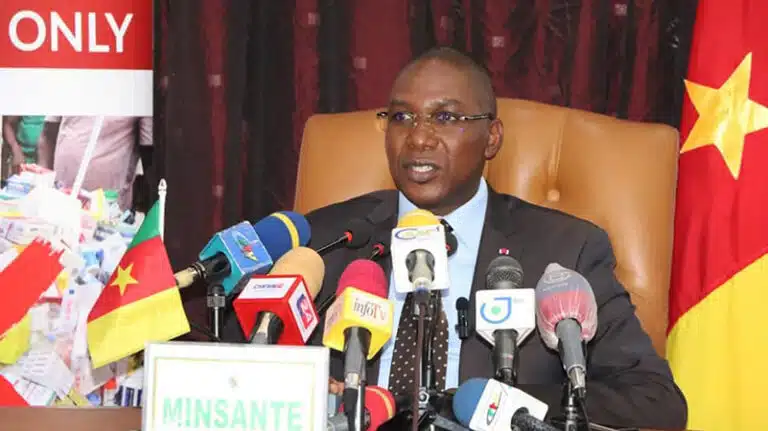In a tweet dated October 5, the Minister of Public Health, Manaouda Malachie, warned health workers inciting a mandatory strike.
“I have heard repeatedly these days that some health workers are inciting strikes to the point of threatening those who refuse to join them. While praising the republican spirit of the majority of health workers, particularly those with precarious status, who know that their grievances are close to my heart and are currently being kindly examined by the Presidency of the Republic, I would nevertheless like to warn, in accordance with the right to strike recognized by regulation, those who incite mandatory strikes and recruit mercenaries to come and strike, that they will encounter the coldness of the law,” he declared. The Minister also reaffirmed the government’s commitment to continue to gradually improve the working environment and conditions of caregivers. “It is together that we will meet the challenges imposed on us by the current situation. I believe in you, in your spirit of discipline and your high sense of the Republic,” he added, calling on the entire medical profession to fight for a “more robust and resilient health system,” in accordance with the instructions of President Paul Biya.
The Cameroon Doctors’ Union (Symec) had called for a strike in public hospitals on June 12, 2024, marking an intensification of a protest movement that began in 2022. In mid-April, doctors had begun a protest movement, which was relaunched on May 15, despite the decision of the Minister of Health to assign the main Symec officials to remote areas. In 2023, the strikers expressed their discontent through repeated strikes, demanding urgent reforms in a context of precarious working conditions.
The strikers are mainly demanding the regularization of temporary workers, who, according to the unions, make up around 60% of the workforce, or 27,000 health professionals often without a contract or fixed salary. They are also demanding a salary increase, an increase in the retirement age from 55 to 65, and the establishment of universal health insurance. Despite several conciliation meetings, no concrete solution has been found, although efforts have been made to process personnel files awaiting salary at the Ministry of Public Health and to automate career procedures. In a letter addressed to health workers on January 8, Minister Manaouda insisted on the government’s efforts to improve their working conditions. “The government, for its part, under the supervision of the Prime Minister (…) will continue to ensure that your working conditions and your most relevant expectations are gradually taken into account, to resolve the various deficits that you often highlight with accuracy and responsibility,” he wrote.
SBBC

